When filmmaker Max Emerson first pitched the idea for Invisible Lifelines, it began as an offhand comment, one that would eventually grow into a sweeping global documentary about queer strength and solidarity in some of the most dangerous places on Earth.
“The idea came from a conversation with a longtime supporter of my independent work who runs a consulting firm that helps develop health and education projects in low and middle income countries,” Emerson said. “I half-jokingly pitched a documentary about queer people living and working in dangerous places, and he immediately said yes.”
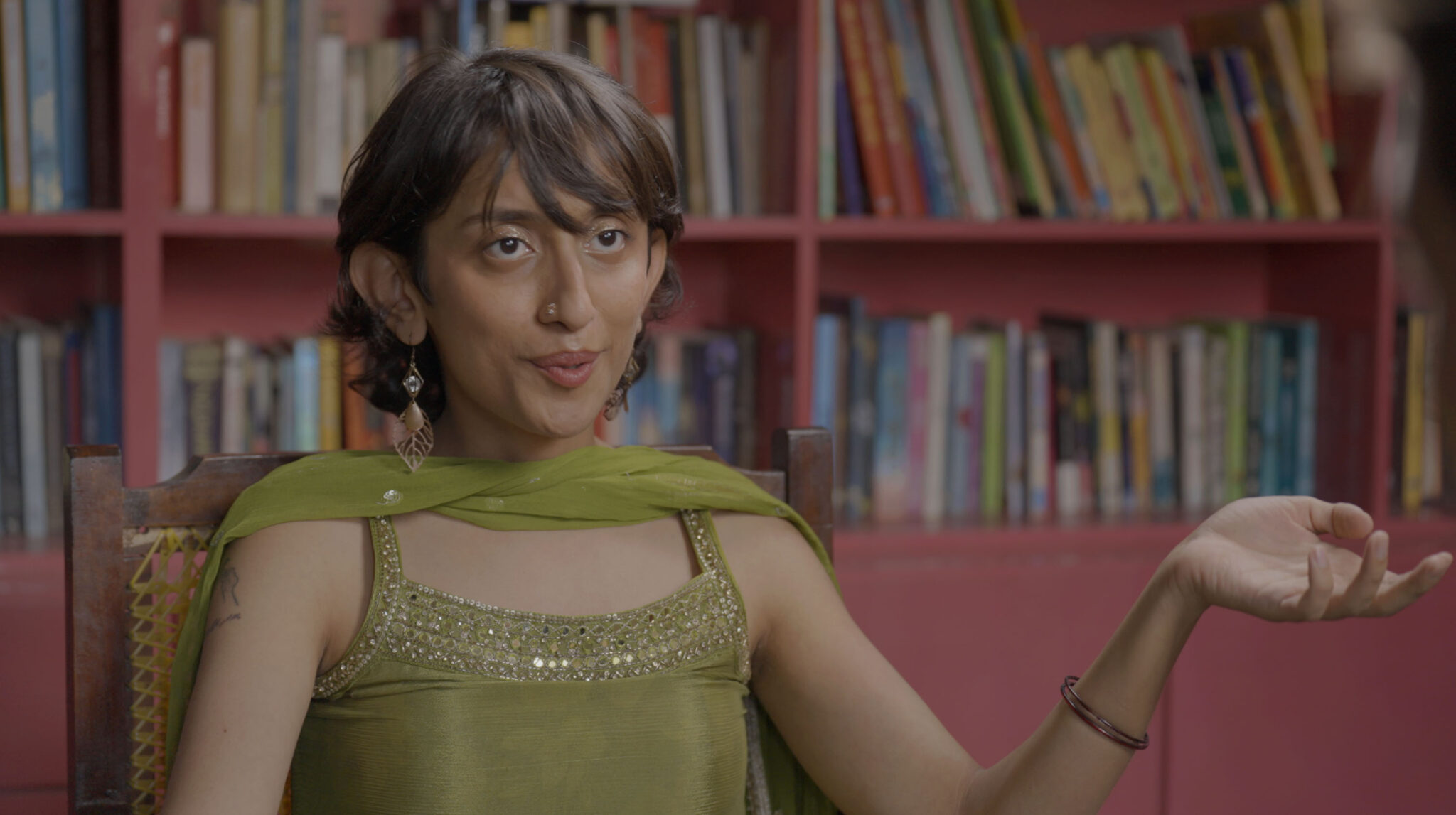
What started as a bold idea quickly evolved into an ambitious project exploring queer humanitarians across the globe. “Since then, Invisible Lifelines has grown into a global exploration of queer resilience across so-called ‘far flung’ parts of the world,” Emerson added.
Emerson teamed up with Joel Relampagos, an Emmy-winning executive producer known for impactful, socially conscious projects including Recipe for Change and What Would You Do?. For Relampagos, joining the film was an immediate and heartfelt decision.
“Max has known that I consciously work on projects that make an impact, and amplify marginalized communities,” Relampagos said. “So when Max told me about Invisible Lifelines, it was a total no-brainer. It was a big yes for me and I feel so honored and grateful to be a part of the team.”
From Victims to Heroes
Unlike many documentaries that spotlight trauma, Invisible Lifelines centers its narrative on empowerment. The film follows queer activists, aid workers, and organizers navigating regions where LGBTQ+ identities are criminalized, sometimes punishable by death, but who continue their work with courage and conviction.
“Everyone we’ve met is tired of outsiders showing up to shoot ‘poverty porn,’” Emerson said. “One of the biggest challenges in global health and development is moving away from an ‘us and them’ mindset. Sure, life is tougher in some places than others, but the ethos of this project is that we’re not so different.”
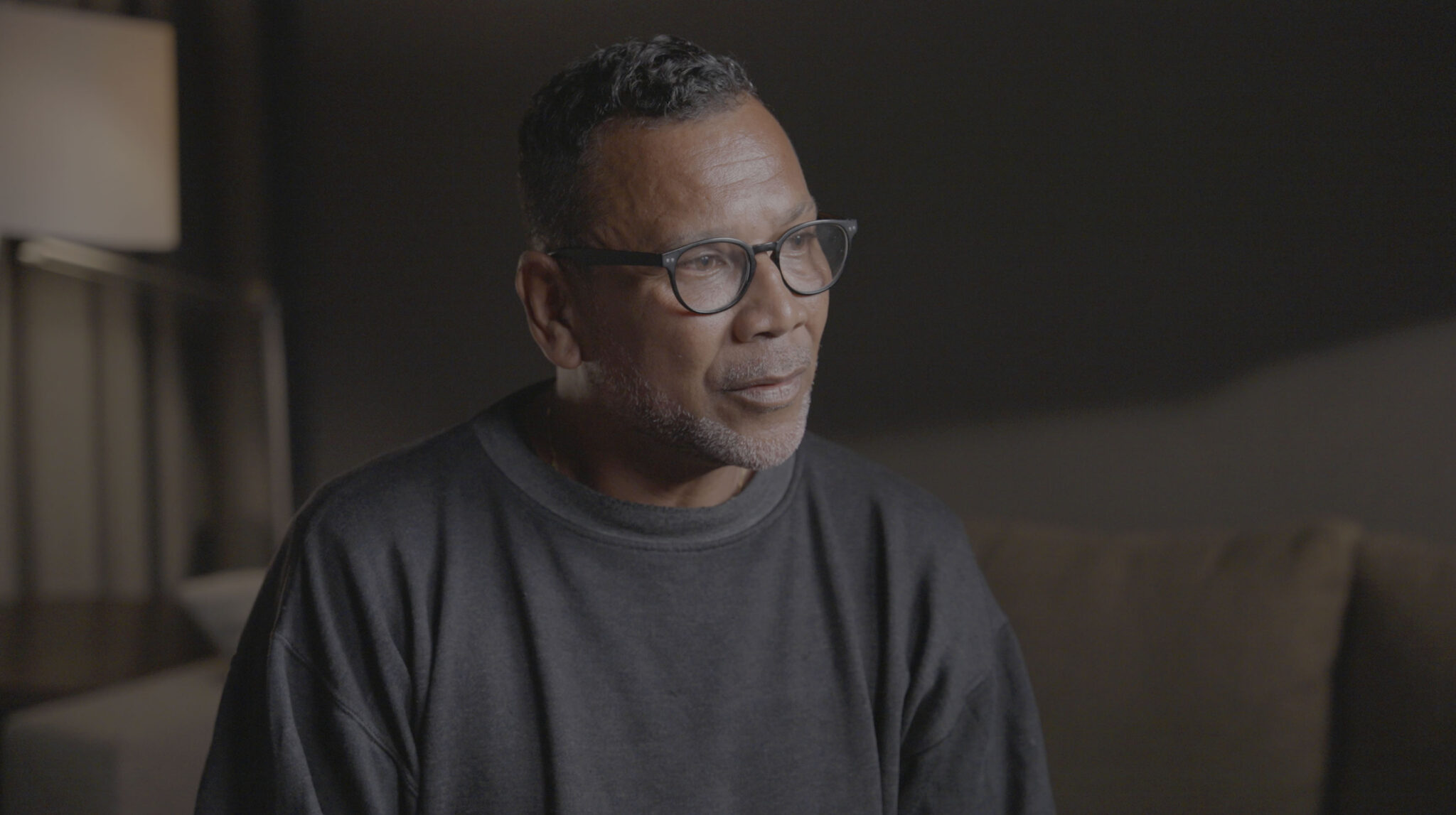
For Emerson, this theme of shared humanity is deeply personal. “Queer people, especially, understand instability,” he said. “Even in the U.S., we are seeing how fragile democracy and human rights can be. What matters is how we protect ourselves and each other when things fall apart.”
Relampagos echoed that sentiment. “It’s very important to not just empower our community with stories about real-life heroes, but to also remind ourselves of how resilient we are,” he said. “We’re unbreakable when we stand in solidarity — no matter what country we live in.”
Safety, Courage, and Joy as Armor
Filming Invisible Lifelines has taken the crew into countries where homosexuality is illegal and even life-threatening. “Safety was a constant consideration and shaped nearly every production decision,” Emerson explained. “Our security protocols shifted not just by country, but by region, neighborhood, and time of day.”
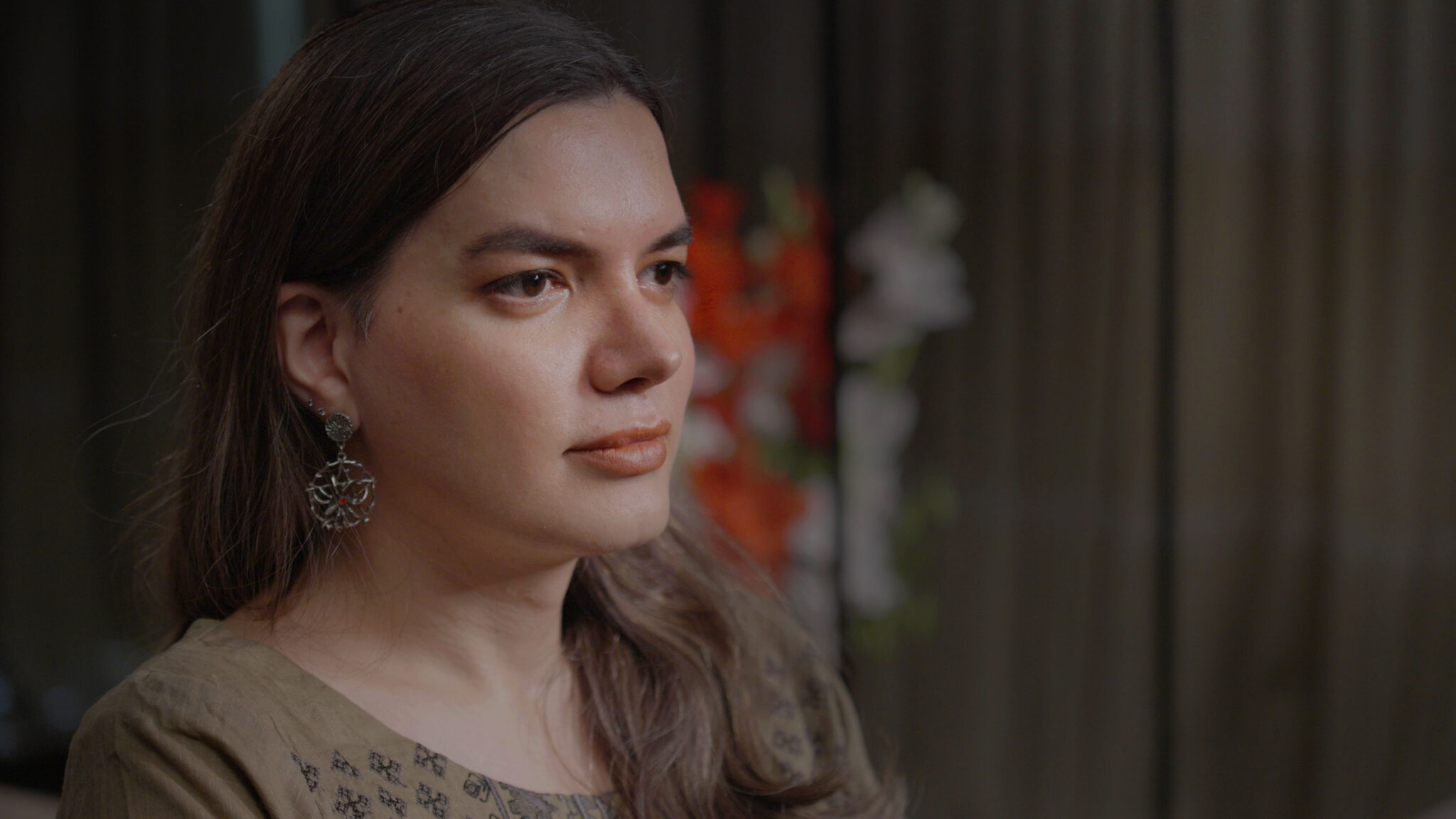
Protecting local subjects, he added, has always been the team’s highest priority. “At the end of the day, we get to leave. They don’t.”
Emerson recalled that the first leg of filming — in Pakistan — fundamentally changed him. “We met with local organizers and scholars who were running networks to keep people safe, building support systems, and doing it all with incredible courage,” he said. “I walked in thinking I knew what resilience looked like. I left with a new definition — joy used as armor, logistics used as love.”
A ‘Queer Chorus’ of Celebrity Voices
While much of Invisible Lifelines focuses on grassroots activists abroad, the filmmakers are also bringing in familiar faces. Emerson and Relampagos will film several queer celebrities in Los Angeles this November to create what they call a “Queer Chorus.”
“Think Greek chorus, but gayer,” Emerson joked. “This group of activists, experts, and public figures provides a familiar lens for viewers to process and compare the experiences of our subjects abroad.”
Relampagos added, “While the documentary focuses on inspiring heroes overseas, it’s important to shed light on all types of stories — including those from familiar faces queer audiences already look up to. We know that with them joining our Queer Chorus, this documentary will be even more impactful.”
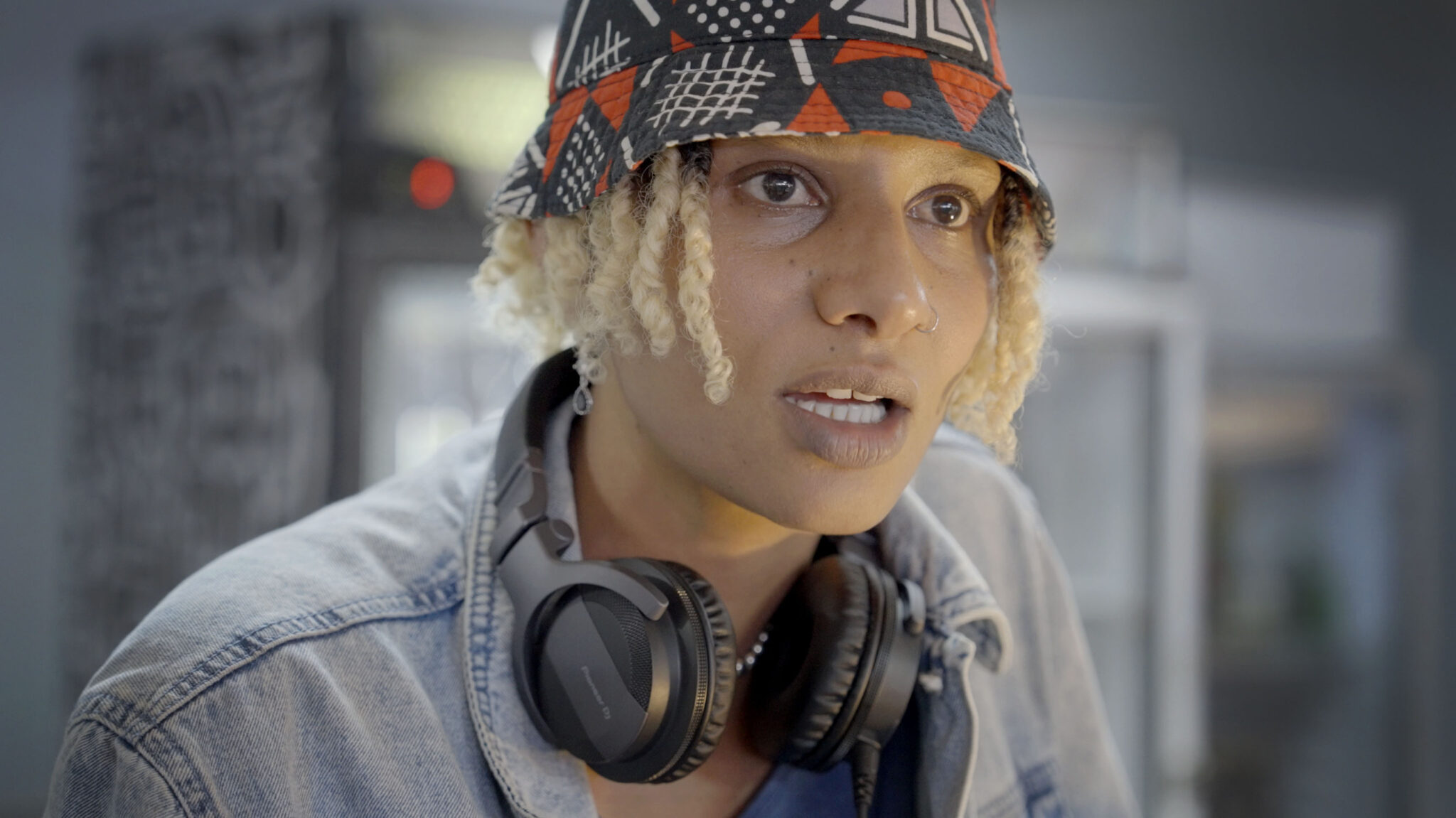
Reclaiming the Narrative
Emerson says the guiding philosophy of Invisible Lifelines comes from a quote Mister Rogers once shared from his mother: “When I was a boy and I saw scary things in the news, she said, ‘Look for the helpers.’”
“That’s the lens of this film,” Emerson said. “We live in a world where everyone carries a tiny box full of nightmares in their pocket. Invisible Lifelines doesn’t ignore the danger, but it focuses on those working to make things better.”
Relampagos added that healing and hope are at the heart of every frame. “It’s not just about watching heroes climb up a mountain,” he said. “They’re reaching their hand behind them to help others do the same.”
A Call for Unity
At its core, Invisible Lifelines is about connection, and a reminder that global progress depends on solidarity, not separation.
“The core message is unity,” Emerson said. “From women’s suffrage to queer liberation, no movement has succeeded without coalition. Today, identity politics and online echo chambers are pulling us apart. This film is a call to rebuild those bridges and focus on what truly matters: protecting each other.”
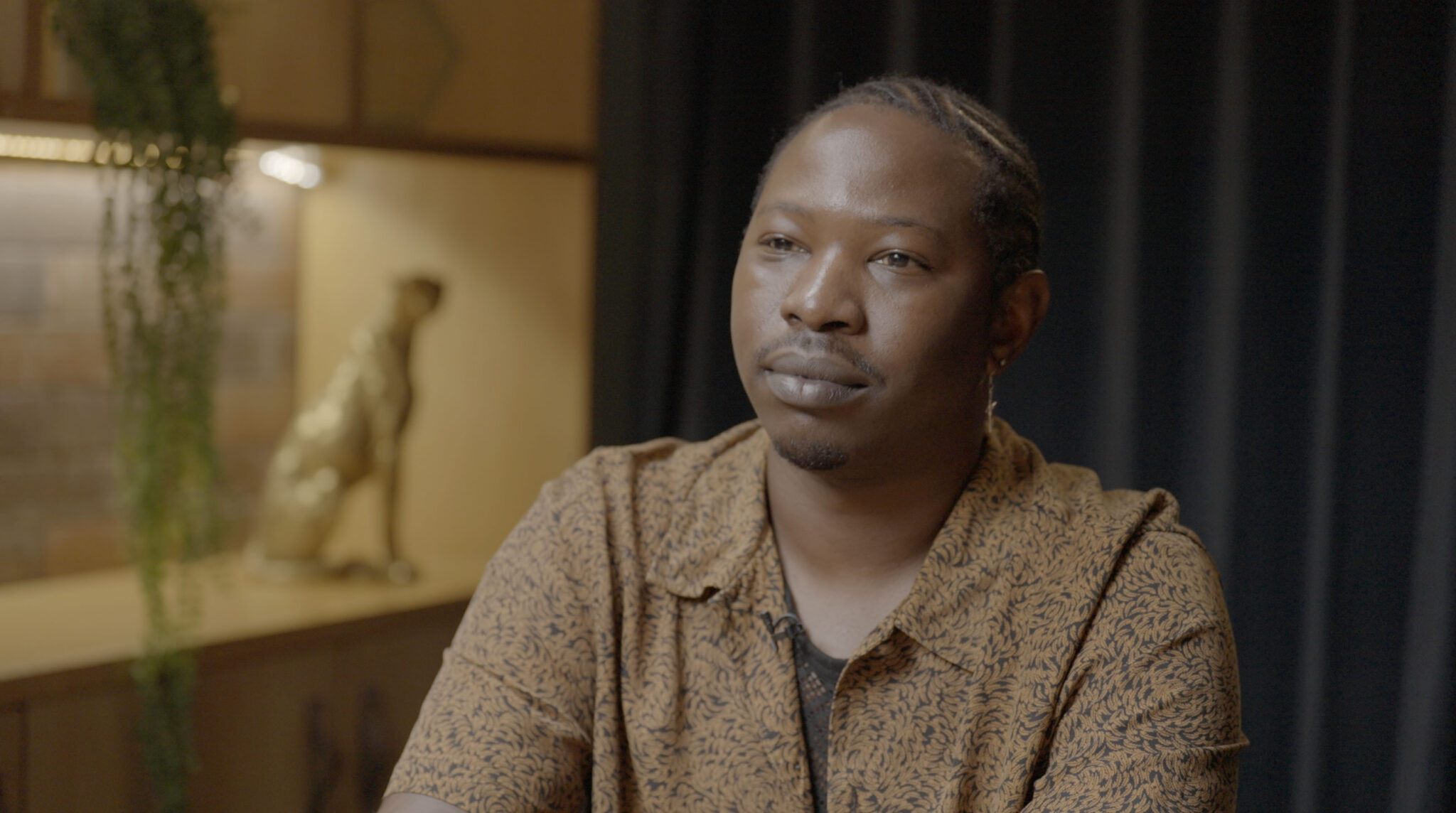
Relampagos agreed, emphasizing that the film’s mission goes beyond awareness. “We live in a world where so many people are leading by opinion. We want to empower people to lead by example,” he said. “If the heroes in Invisible Lifelines can do it, so can those that watch the film.”
How to Support
As Invisible Lifelines continues production, the filmmakers are calling on the LGBTQ+ community and allies to help amplify the mission.
“The best way to help is by building community around it,” Emerson said. “Follow, share, and help amplify the voices of queer humanitarians risking everything to help others.”
For more information, visit www.aplusbmedia.org.
Invisible Lifelines is executive produced by Max Emerson and Joel Relampagos, through Emerson’s A+B Media and Relampagos’ North Star Content..
Emerson, known for Hooked and The Sparkle Club, continues to create work that fuses artistry and activism. Relampagos, an Emmy-winning producer and mental health advocate, brings two decades of storytelling experience.



